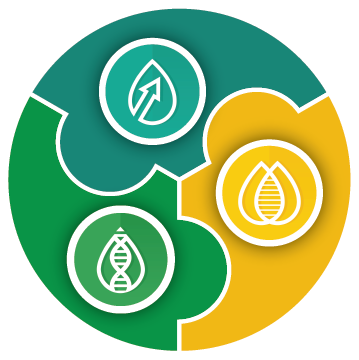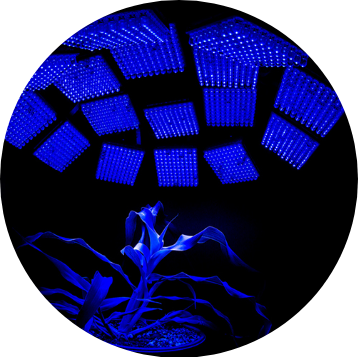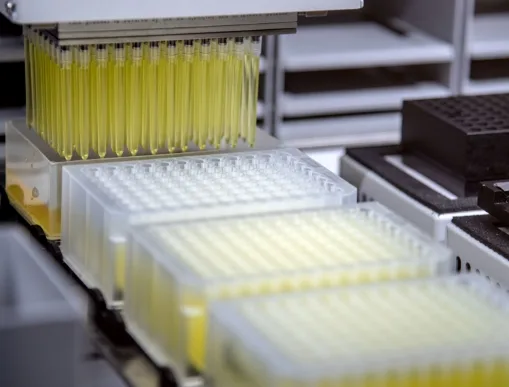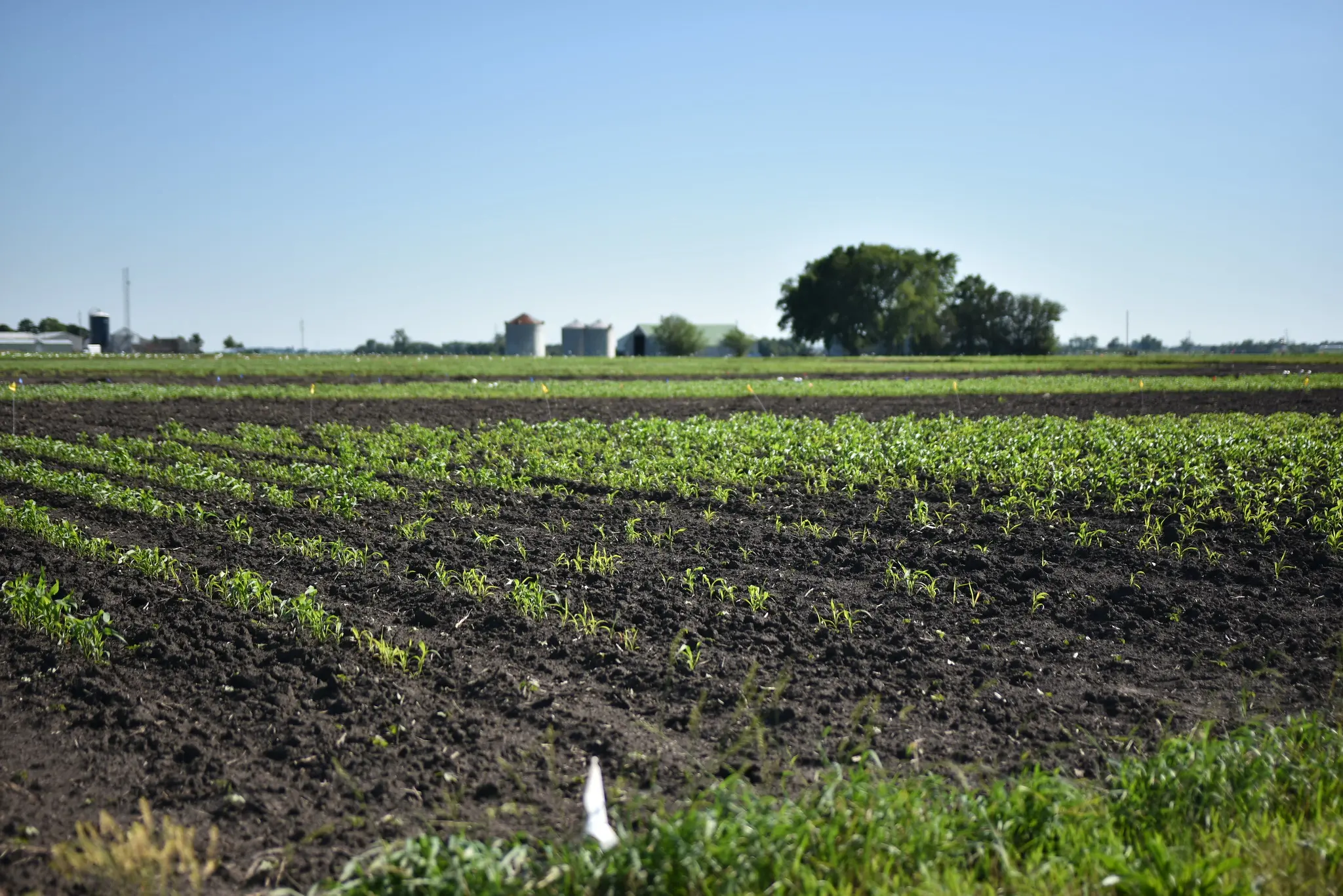CABBI's Mission
One of the major challenges the world faces is how to provide sustainable sources of energy that meet societal needs as the population continues to grow. The Center for Advanced Bioenergy and Bioproducts Innovation (CABBI), with funding from the Department of Energy, will develop efficient ways to grow bioenergy crops, transform biomass into valuable chemicals, and market the resulting biofuels and other bioproducts.

CABBI's Vision
CABBI integrates recent advances in agronomics, genomics, and synthetic and computational biology to increase the value of energy crops — using a “plants as factories” approach to grow fuels and chemicals in plant stems, an automated foundry to convert biomass into valuable chemicals, and ensuring that its products are ecologically and economically sustainable. This holistic approach will help reduce our nation’s dependence on imported fuels, thus increasing national security.

More About the Bioenergy Research Centers
In 2017, the U.S. Department of Energy approved CABBI as the fourth Bioenergy Research Center (BRCs) in the nation. All four BRCs were renewed in 2022 and will receive up to $30 million a year for FY 2023-27. The others:
- Great Lakes Bioenergy Research Center (GLBRC), led by the University of Wisconsin at Madison
- Center for Bioenergy Innovation (CBI) led by the DOE’s Oak Ridge National Laboratory
- Joint BioEnergy Institute (JBEI) led by the DOE’s Berkeley National Lab
To find out more about the BRC program:
DOE Booklet
